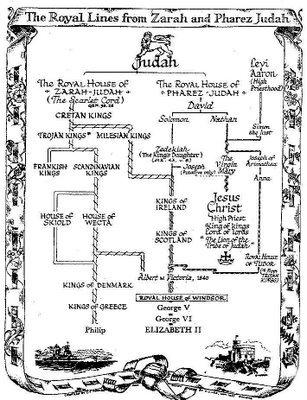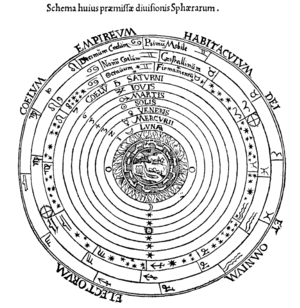
Historical Jesus scholars are quite capable of discerning when a saying of Jesus has been made up by a Gospel author for narrative effect. But when they explain why other sayings are not likewise fabricated, but are traceable to a real Jesus, I think they are jumping the rails of straight consistent logic.
If a saying is integral to the flow and liveliness of the story, such as “Who touched me?”, “Hold out your hand”, “Pick up your mat and go home”, “Get up”, then it can safely be judged as “suitable only for the occasion . . . not particularly memorable . . . not aphorisms or parables, and would not have circulated independently during the oral period.” (p. 62 of The Five Gospels: The Search for the Authentic Words of Jesus)
But isn’t there something inconsistent or arbitrary about this explanation?
Sure, I can fully accept that a narrator will manufacture words to be put into any character’s mouth for the effect of adding a touch of life to the story.
But when the scholar declares a more formal saying, such as a parable or aphorism, is different, and by its nature is potentially traceable to the historical Jesus, are we not being a tad arbitrary?
The Gospel author is, after all, not simply narrating a series of little anecdotes with their “Get ups” and “Go forths” and “Feed them” touches. He is also telling the story of a divine man who came to bring a message and introduce a new kingdom. So are not the parables and aphorisms equally there in the story for the purpose of making the story work? Aren’t they even moreso designed to bring the speaking character into the consciousness of the readers?
Of course parables and aphorisms are, by simple definition, capable of being lifted out of the story and finding independent applications. That simple fact of their definition does not mean that they are any more likely to have originated from somewhere or someone long before the author penned them. Continue reading “What if Jesus said not a single word we are told he said?”









